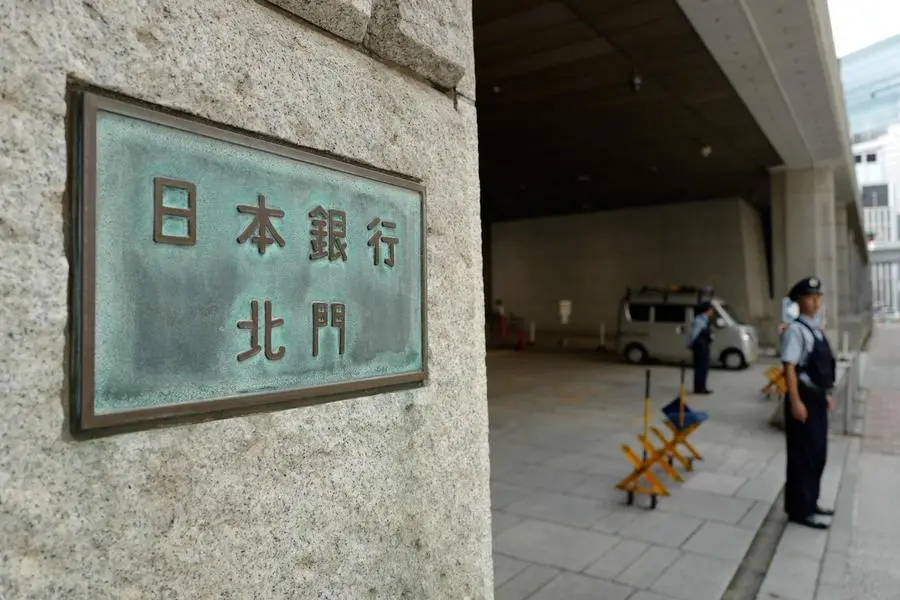PHOTO
The Bank of Japan warned Thursday of "high uncertainties" following the ruling party's worst election result in 15 years, as it kept interest rates unchanged.
Sunday's snap election saw Prime Minister Shigeru Ishiba's coalition lose its majority, likely forcing him to head a minority government with case-by-case support from other parties to pass legislation.
Businesses and economists worry that as concessions to other parties, Ishiba, 67, will offer tax cuts and higher spending, and go slow on reforms needed to improve Japan's competitiveness.
There are also concerns that the government may pressure the BoJ to take a break from its gradual normalisation begun this year of its ultra-loose monetary policy, even if it leads to a weaker yen.
The BoJ was for a long time an outlier among major central banks, sticking to its ultra-loose policy in an attempt to see demand-driven inflation of two percent fuelled by wage increases.
The BoJ raised borrowing costs in March for the first time since 2007, and did again in July, signalling that more hikes were on the cards.
But the BoJ said Thursday it was keeping its main interest rate unchanged, as widely expected, warning of "high uncertainties surrounding Japan's economic activity and prices".
The bank also said it was paying "due attention" to other economies, particularly the United States, where presidential elections take place on November 5.
The bank again signalled that it would raise borrowing costs if inflation develops as it expects, saying the Japanese economy "is likely to keep growing at a pace above its potential growth rate".
The BoJ said it expected inflation of 2.5 percent for the current fiscal year to March 2025 before moderating to 2.0 percent in the following two years.
The US Federal Reserve kicked off its rate-cutting cycle in September with a large cut of half a percentage-point.
- Outlier -
Before becoming leader of the Liberal Democratic Party (LDP), Ishiba openly backed the BoJ continuing to normalise its policy.
But after the yen surged and stocks tumbled once he took office he rowed back, saying he did not believe Japan was "in the environment for further rate hikes".
The head of the LDP's junior coalition partner Komeito, meanwhile, announced his resignation from the post on Thursday after his party lost eight seats in the election, including his own.
"For our party, we saw very tough election results. It was solely my responsibility as the party leader," said Keiichi Ishii, a political veteran who only became party leader in September.
The election left Komeito and the LDP, which has governed Japan almost non-stop since 1955, with a combined 215 seats, 18 short of a majority in the 465-lawmaker lower house.
The centrist Democratic Party for the People (DPP), a potential kingmaker, officially told the LDP on Thursday that it had no desire to join a coalition, but agreed to cooperate to advance its agenda.
"Rather than forming a special forum, we said we would cooperate on a case-by-case basis, and it was accepted," DPP Secretary General Kazuya Shimba told reporters after he met with the LDP's executives.
A special legislative session will convene on November 11 for a vote to name the next prime minister, with Ishiba lacking enough support to maintain his position in the first round.
The DPP will symbolically back its leader Yuichiro Tamaki, effectively blocking the main opposition leader Yoshihiko Noda from gathering enough support for his own bid, media reports said.
Former premier Noda is head of the Constitutional Democratic Party (CDP), which reinforced its position as the second-biggest with 148 seats, up from 96 at the last election.
In a likely run-off vote in parliament on November 11, unseen in the past three decades, whoever wins the most votes will become the next leader, even if they do not have a majority.





















